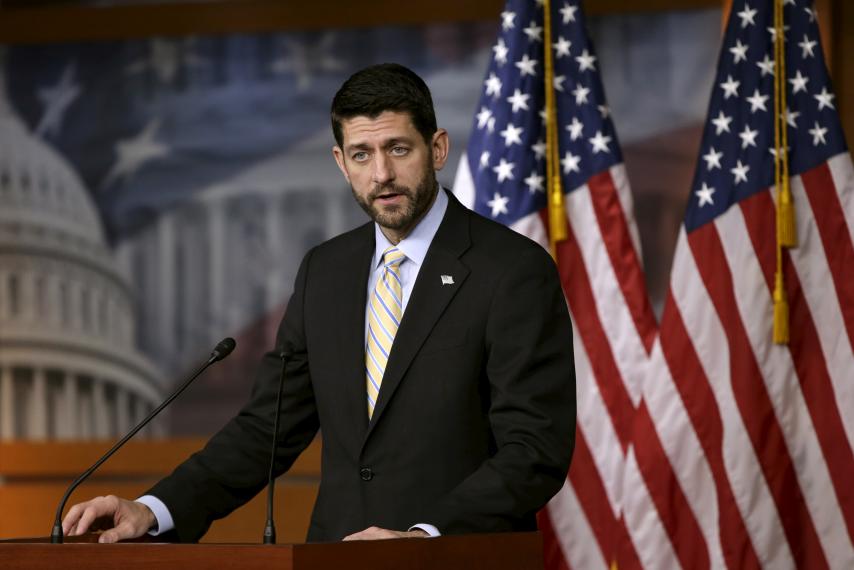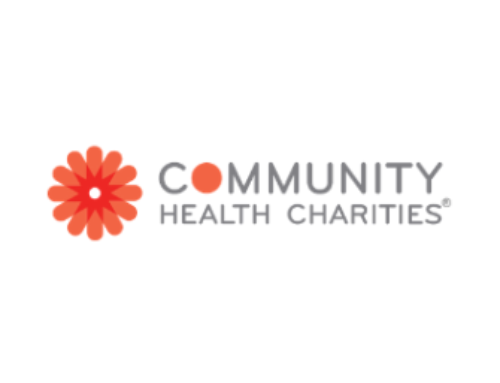NAMI Executive Director Mary Giliberti today praised the House and Senate for their work in reaching agreement on the federal budget bill for 2016.
“This bill clearly demonstrates recognition by the Committee that wise investments in mental health services and research benefit people with mental illness, families, and the nation as a whole,” Giliberti stated. “We are particularly grateful for the agreement’s increased funding for early intervention in the treatment of psychosis, funding for research at the National Institute for Mental Health, and investments in vital services and supports that can prevent negative consequences such as homelessness and incarceration. NAMI is grateful for the efforts of key bipartisan leaders in Congress in bringing about these important investments including Senators Roy Blunt (R-MO) and Patty Murray (D-WA) and Representatives Tom Cole (R-OK) and Rosa DeLauro (D-CT).”
The budget bill includes a number of important provisions including:
- An increase of $50 million for the State Mental Health Block Grant program administered by the Substance Abuse and Mental Health Services Administration (SAMHSA), with 10% of these funds designated as a “set aside” for funding early intervention programs for people with serious mental illness, an increase from the current 5% set-aside. NAMI, in partnership with the National Institute of Mental Health (NIMH), held a Congressional briefing in October to focus attention on the promise of First Episode Psychosis (FEP) programs such as those established through the NIMH Recovery After an Initial Schizophrenia Episode (RAISE)initiative and to ask Congress for this increase in funding. These programs in research sites across the country showed positive outcomes in reducing disability and fostering recovery.
- An increase of $85.4 million in funding for biomedical and services research at NIMH. Total funding for NIMH in FY 2016 will be increased to $1,548,390,000, a vital investment in research to advance understanding of the causes of mental illness and to identify new treatments for these conditions.
- An increase of $1.5 million for Criminal Justice/Mental Health Collaboration grants funded through the Mentally Ill Offender Treatment and Crime Reduction Act (MIOTCRA) program administered by the U.S. Department of Justice. This program, whose total funding will be $10 million in fiscal year 2016, provides vital grants to states and communities to support jail diversion, mental health courts, law enforcement training, and community reentry programs for people with mental illness and co-occurring substance use disorders involved with criminal justice systems.
The bill also provides $15 million for a new Assisted Outpatient Treatment (AOT) pilot program through SAMHSA. NAMI will be encouraging SAMHSA to focus on funding projects modeled after San Francisco’s new AOT program that include a signficant outreach and engagement component prior to AOT or if an AOT order is necessary, to assist and empower people under AOT orders to realize their personal goals and achieve better outcomes.
Source: National Alliance on Mental Illness/December 18, 2015






